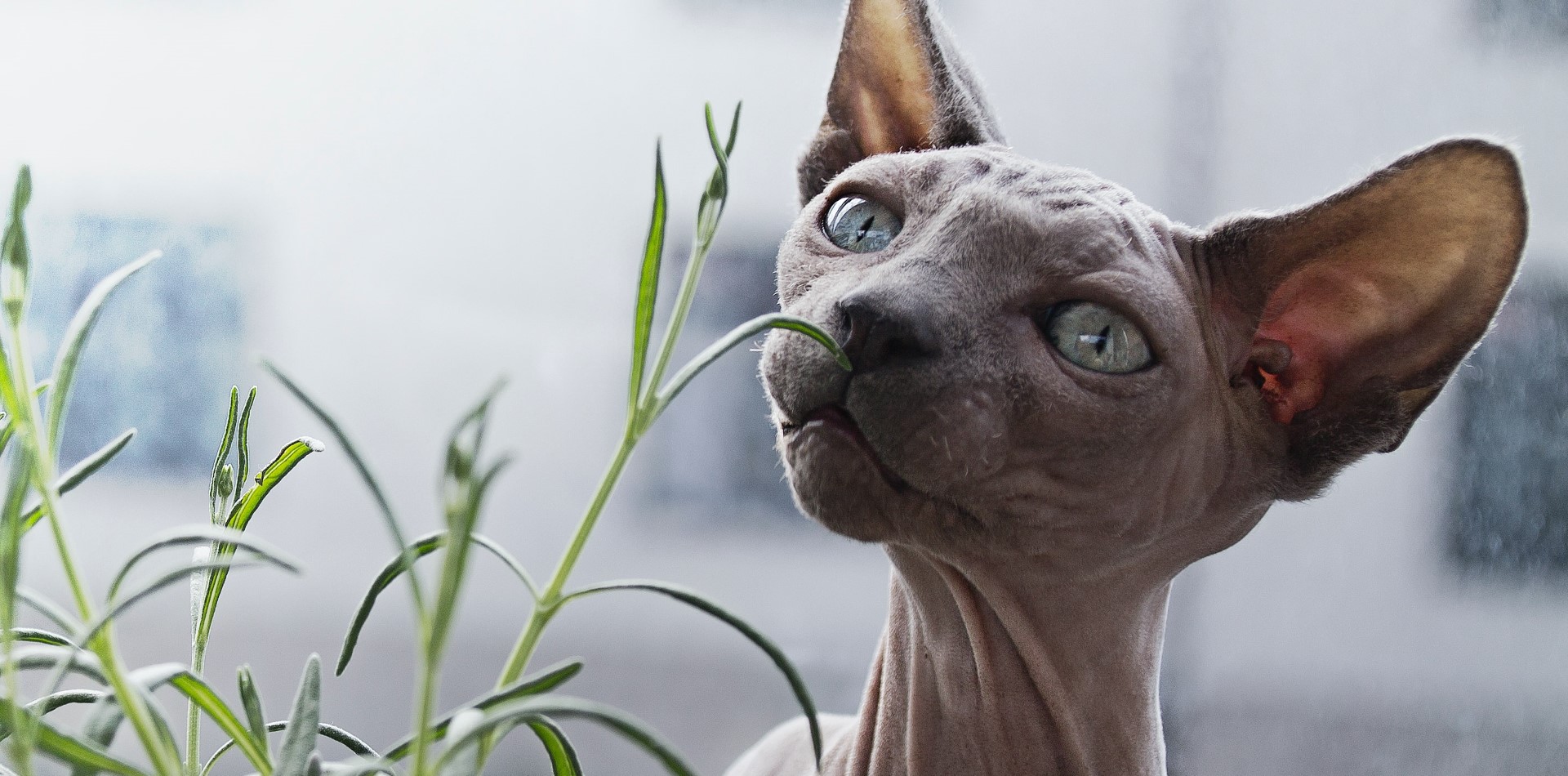As we enter the season of spring, we welcome longer daylight hours, an adjustment to nature’s lifecycles and noticeable changes to all living things. It’s as if there is a global awakening and we are able to notice clear changes in the environment. These changes, of course, also have an effect on our house cats. We must bear in mind that there are differences in the way that cats are affected. These differences depend on whether they are domestic or stray cats, the age of the cat, their gender and their hormonal state.
A number of risks are associated with the arrival of spring. We should make sure to keep these risks in mind so as to prevent any potential accidents from occurring or to help improve the quality of life for any cats which are suffering from the following health issues:
- Allergies: like us humans, cats can also suffer from allergies. Some allergies worsen during spring. To prevent our animals from suffering from allergic or asthma-related breakouts, we ideally need to get to the bottom of what is causing the issue. To do so, we need to take our animals to the vet, who will be able to perform a complete body scan, offer guidelines on how to manage their health issues and provide the necessary preventive medication and symptom control methods.
- Changes in their photoperiod: as the days get longer, cats (who are seasonal breeders) which have not been spayed go into heat and attract males who have also not been castrated. This can cause cats to escape, increases the risk of danger and fights, and can lead to many unwanted pregnancies. This leads to an uncontrollable amount of litters of kittens for whom it is often hard to find a home. Therefore, at this time especially, we must take extra responsibility in neutering our domestic cats in order to avoid all of the aforementioned possibilities.
- During this period, both internal and external parasites increase their activity and, as such, the risk they pose to our cats is heightened. For this reason, it is necessary to take our cats to the vet to complete the necessary antiparasitic protocols which will help ensure that our cats are properly protected against the associated risks.
- With spring comes the rise in temperature which can also lead to signs being shown more clearly in those cats who are getting older or suffering from chronic illnesses. It can also make cats very restless. As such, we must try be more more vigilant when looking after them by providing cool places and buckets of water. As always, if you have any doubt about their wellbeing or if any symptoms start to show, you should take a trip to the vet.
- When it comes to cats that live inside flats, extra care must be taken when opening the windows. During spring, there tends to be more birds and cats may be distracted and could fall from great heights. If you want to open windows in your home, we advise you to put up special screens to prevent falls.
- Plants and flowers: if your cat has access to the garden, make sure to take extra care and be aware of which plants are being planted and growing in your garden, as some are highly toxic for cats.
- If cats have access to the outside, we must bear in mind that gardens and parks are treated with herbicides and insecticides. Also, during spring, pine processionary caterpillars begin to infiltrate pine areas. If your cat begins to show any alarming symptoms, take them straight to the vet. Cats may also be affected if they have been hunting rodents who have been treated with rodenticides, as this can poison the cat.
- During spring many insects emerge, such as wasps, bees and—depending on the area—even certain reptiles whose bite can be extremely poisonous. For this reason, we must remain alert of any symptoms and, if any present themselves, take our cats to the vet immediately.
What do you think of these tips? Would you add anything?

